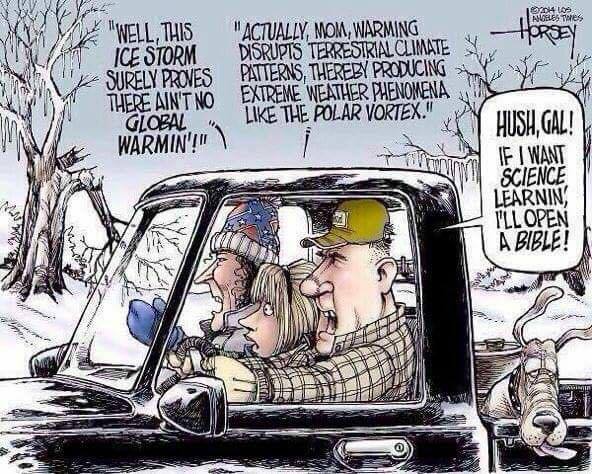|
Solastalgia is the sense that the place where one belongs is threatened.
The neologism, solastalgia, conflating “nostalgia, solace, and desolation” was coined by the philosopher Glenn Albrecht. I understand it first appeared in the February 2007 edition of the journal Australian Psychiatry in an article entitled “Solastalgia: The Distress Caused by Environmental Change.” My attention was drawn to this by an article in a September 13, 2020 edition of the Los Angeles Times by Julia Wick that explains, “There’s actually a word for the climate-change-induced despair you’ve been feeling.” Wick’s editorial came in the midst of catastrophic wildfires all along the West Coast of the USA and as far inland as Colorado, and in the wake of twin hurricanes that ravaged the Gulf Coast (before Sally hit Alabama just days later). Albrecht explained in 2004 that solastalgia is “manifest in an attack on one’s sense of place, in an erosion of the sense of belonging (identity) to a particular place and a feeling of distress (psychological desolation) about its transformation.” In short, it is “a form of homesickness one gets when one is still at home.” Although solastalgia has apparently been mainly used to label the anxiety people have internalized about the climate and environmental crisis, I would like to suggest it manifests itself in relation to other threats as well. An open letter I read on social media yesterday contained a passionate plea for schools to again provide socialization opportunities for young children. The mother was clear that exclusive on-line education was not working. My take-away from that letter and many similar expressions about what schools should do as they reopen, is that lots of people are waking up to the shock that COVID-19 may be with us for another school year and that even when the pandemic abates “school” will never be the same. Many things will never be the same. Church services are undergoing change. Even as in-person services more-or-less safely resume some churches have decided they need not turn off the cameras and cut off worshippers they have been serving at a distance. Some Sunday assemblies are even greater on-line than they have been in-person before the pandemic. At the same time, I think “solastalgia” describes the distress others feel at the disorientation which means “no more covered-dish dinners” when that is part of the way the church is changing. I’m on firmer ground, to say that church, school, and home are a three-part set for a lot of people; so when any of them is gone and will never be replaced, part of where one belongs has been destroyed. Solastalgia would, in such cases, be a name for the type of grief one feels. Clearly, the concern one feels about most change is milder than the anxiety one experiences when some essential part of one’s place and identity is utterly gone. It is also different from the shock one feels about one’s own impending death or the onset of a permanent disability. Solastalgia is not about one’s changing, but about one’s remaining pretty much the same in circumstances that are changing. I would like to hear from someone knowledgeable as to whether it is solastalgia that is the psychological basis for the Make America Great Again response to Donald Trump’s slogan. Is it a deep-seated fear that the country is no longer the same? Is it essentially solastalgia to feel alarmed that the country is not going to belong to “us” any more, or is that different from feeling that we no longer are going to belong to the country? No matter. It’s something deep and psychological that motivates a fight-or-flee response when a neighborhood undergoes racial change, when industrial capacity shifts and cities turn to rust, and when it seems better to exit from international alliances than to put up with losing control of one’s national sovereignty. Can some change be too large to create personal grief? Actually, “solastalgia” was coined to cover just those kinds of distress.
0 Comments
Leave a Reply. |
AuthorRev. Dr. Kenneth Dobson posts his weekly reflections on this blog. Archives
March 2024
Categories |
| Ken Dobson's Queer Ruminations from Thailand |
|

 RSS Feed
RSS Feed
